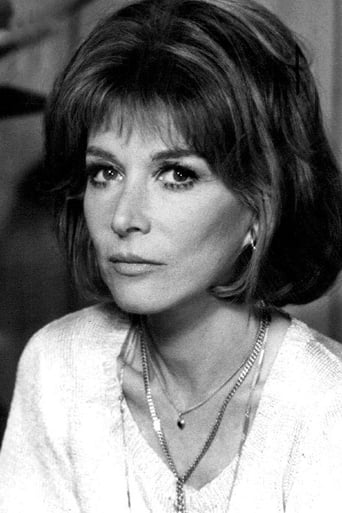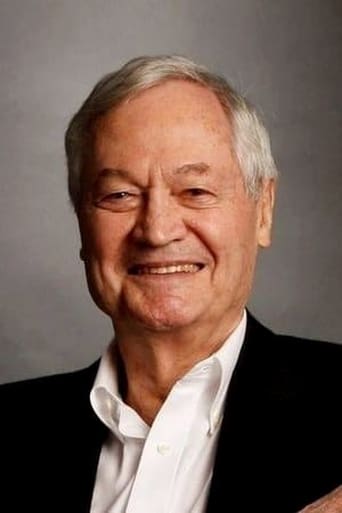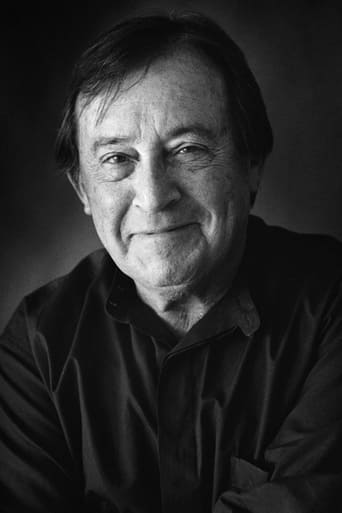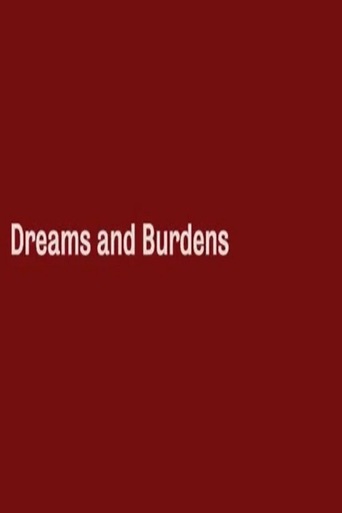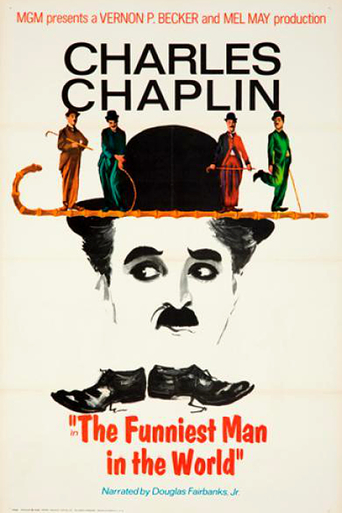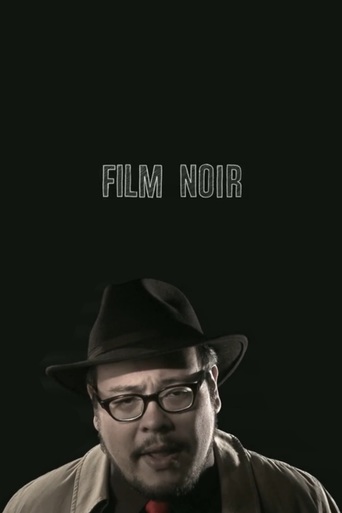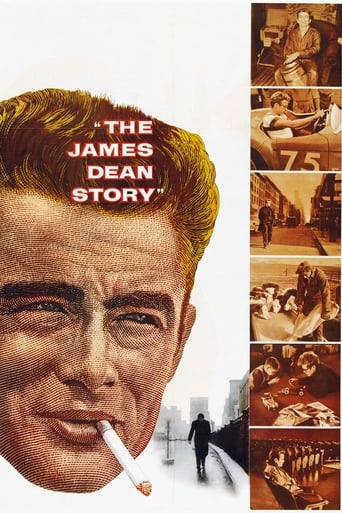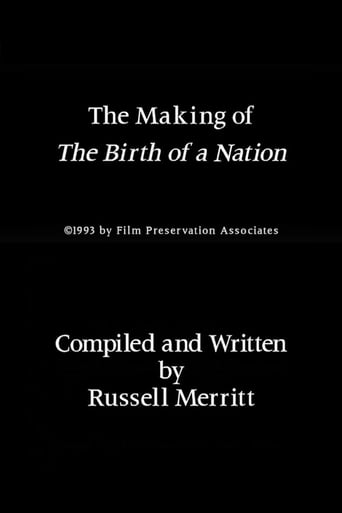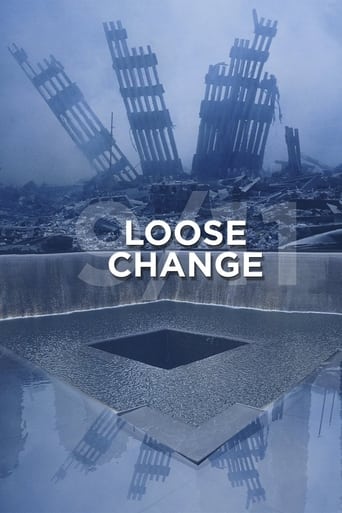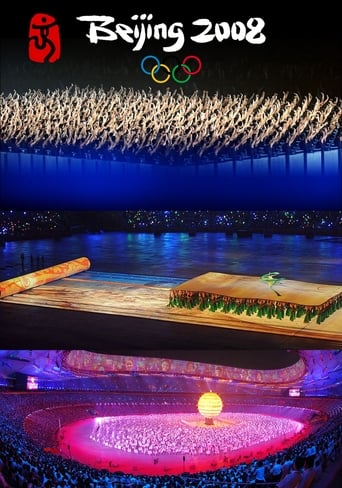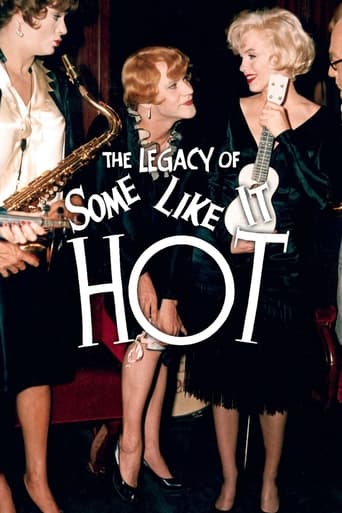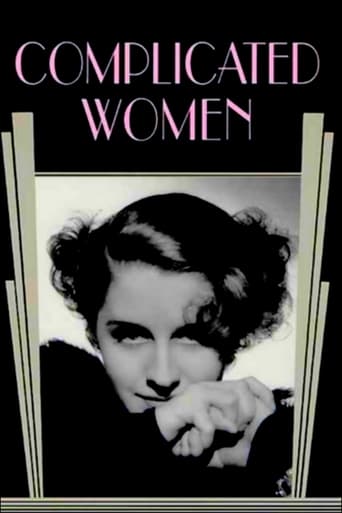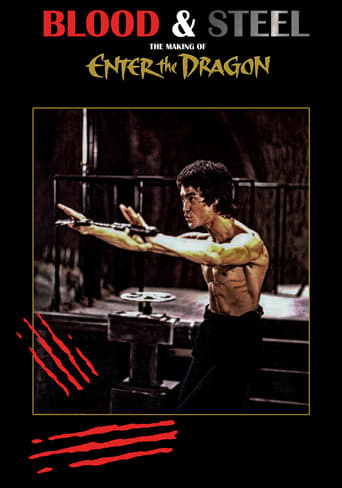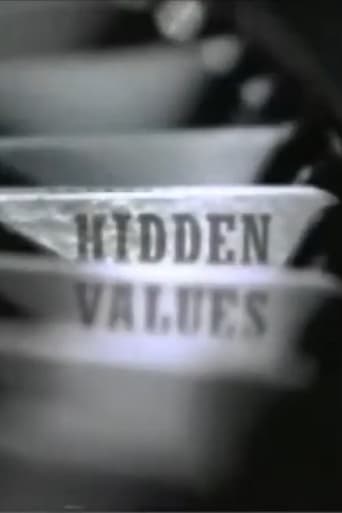

Hidden Values: The Movies of the Fifties (2001)
This documentary was broadcast on the Turner Classic Movies (TCM) cable channel to kick off the presentation of films related to TCM's theme of the month for September 2001. Actors Lee Grant and Paul Mazursky, producer Roger Corman, director John Carpenter, film critic Molly Haskell, and journalist Peter Biskind discuss the issues involved in six films of the 1950s. Topics include teenage loneliness, youth rebellion, changing gender roles, and the beginning of the sexual revolution.
Watch Trailer
Cast
Similar titles
Reviews
Good movie but grossly overrated
Better Late Then Never
It’s sentimental, ridiculously long and only occasionally funny
It is an exhilarating, distressing, funny and profound film, with one of the more memorable film scores in years,
Reviewer Elliot is right—this is a decent enough look at some hidden values within some popular movies of the 50's. Of course, a 50-minute time frame doesn't allow for much depth or breadth among the sample films. Nonetheless, the documentary succeeds by simply pointing out that movies are more than entertainment, that they convey values, sometimes overt, sometimes covert, and that the audience may not be aware of the values being conveyed. As an obvious example, how many of us matinée kids were aware of the value assumptions common to Roy Rogers-Gene Autry oaters of the time. The fact that they pleased us (good always triumphs, heroes are never ugly, etc.) makes them no less assumptions and no less behavior shaping.I wish the choice of films were more adventurous than it is. Again, reviewer Elliot is right-- the text here is a familiar one centering mainly on restless youth themes from The Wild One (1953) to The Blackboard Jungle (1955) to Rebel Without a Cause (1955). So, likely only a newcomer to movies of that decade will hear anything new. A couple of observations—why not a movie or two exemplifying popular assumptions of that decade, instead of the strictly iconoclastic ones. That is, why not films dramatizing such popular, unexamined values as happiness through conformity (usually comedies) or the sanctity of the law (usually Westerns) or that war can be fun (the many WWII comedies). I would argue that these themes define the decade much more so than the iconic Deans, Brandos, or Taylors. Then too, why have Roger Corman comment generally without having him comment specifically on the values of his own 50's films, which appear to convey an important anti- nuclear theme (mutant monsters). And while we're at it, why not comment on the patriarchal theme running through the Dean film instead of the over-worked teen angst angle. After all, Dean's character seems to think that things would be fine if Dad just knocked Mom around a bit more.None of this is meant to discredit this well-intentioned documentary. It is meant to indicate how important the topic raised by this film is and not just to films of that particular decade. For raising hidden values to a conscious level remains an important way of examining not only our times, but ourselves as well.
Hidden Values: The Movies of the Fifties (2001) ** 1/2 (out of 4)Fifty-minute documentary taking a look at various "rebel" films from the 1950s, which changed the culture as well as changed how films were made. Lee Grant, John Carpenter, Roger Corman, Paul Mazursky and critic Molly Haskell are interviewed about a small group of films that include Anatomy of a Murder, The Thing from Another World, The Wild One and Rebel Without a Cause. If you've never seen any of these films then I'm guessing you'll enjoy this film more since you're probably getting introduced to some great films. If you have seen these films then you're not really going to hear anything you haven't heard in countless other documentaries. We get to hear how great brando is and how Dean changed any entire generation. There are a couple good stories told when the directors get to talk about their first memories of going to the movies but outside of that this film doesn't offer too much.
Those of us who frequent IMDb probably see lots of movies. We probably saw many as children, uncritically sitting, quietly, in the dark, accepting the entertainment. The central idea here is that we accept more than entertainment. We learn what it is to be a good man, a good woman, a bad man, a bad woman; how to treat each other, to achieve success, love, and happiness. Or how to deserve failure, rejection and ridicule. All absorbed slowly, by immersion (as with C.J. Cherryh's fictional "tape", for any who've read her stories).The 1950s were long enough ago that we can pretty clearly see the sort of values presented, and how it was a strange brew: combining WWII-era conservatism, favoring traditional sexual roles (i.e. the old double standard), traditional racial roles, capitalism, parochialism and duty, with postwar, pre-60s radicalism, favoring re-examining all the above, seeking pleasure (and yet meaning), cosmopolitanism and individuality. If you grew up during this decade and watched movies, these are the values you're likely to have, at least in part.Through interviews and examples, this film illustrates these points with clarity, if a bit dryly, and generally maintains the viewer's interest. I'd like to see a similar documentary done for every decade, so any of us who grew up in them could be illuminated, as well.
